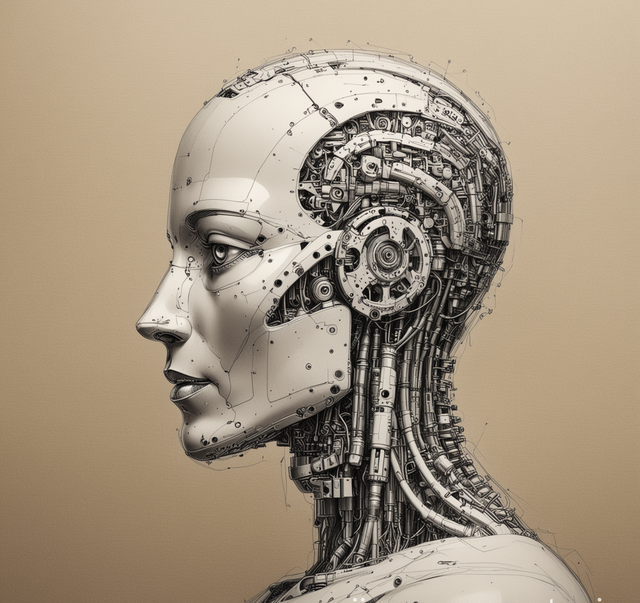Introduction:
The world of work is undergoing a fundamental transformation driven by the advancing development of Artificial Intelligence (AI) and automation technologies. In this comprehensive blog post, we take a closer look at the emerging changes that could shape the future of work. We not only examine the technological developments but also the social, economic, and political impacts associated with them.
AI and Automation
An Introduction

Artificial intelligence and automation technologies have already begun to change various aspects of the workplace. From machine learning software taking over repetitive tasks to robots being deployed in manufacturing, these technologies are becoming increasingly versatile and powerful. We shed light on the latest developments in this field and discuss how they could impact different industries and jobs.
Impact on Jobs
The introduction of AI and automation technologies could lead to a shift in the job landscape. Some jobs may be replaced by machines, while others could create new opportunities for human work. We analyze in detail the potential impacts on different industries and professions, considering both short-term and long-term trends.
Challenges and Opportunities
With the changing nature of work come both challenges and opportunities. It is important to acknowledge the potential risks, such as job displacement and the emergence of inequalities, and take measures to mitigate them. At the same time, there are opportunities for innovation, efficiency gains, and the creation of new job opportunities in emerging fields. We highlight both the risks and opportunities and offer solutions for successfully addressing these challenges.
The Role of Education and Training
One of the key strategies for addressing the challenges of the future of work is to ensure that the workforce has the necessary skills and qualifications. This requires increased investment in education and lifelong learning to ensure that people can keep pace with the changing demands of the job market. We discuss various approaches to promoting education and training and demonstrate how this can help prepare the workforce for the future.
Future Outlook and Conclusion
The future of work is full of uncertainties, but also opportunities. By closely monitoring developments in AI and automation and proactively responding to changes, we can shape the future of work and ensure that it benefits everyone. In our conclusion, we summarize the key findings and provide an outlook on possible developments in the coming years.
This comprehensive blog post offers a thorough insight into the future of work in the age of AI and automation. We hope it contributes to deepening understanding of this important topic and provides solutions for successfully shaping the workplace of tomorrow.